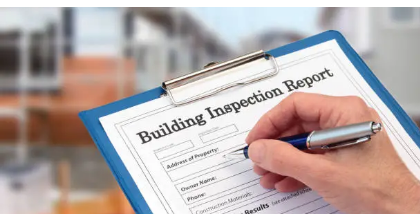Federal regulators mentioned they have been suspending use of a monoclonal antibody drug often called sotrovimab to deal with high-risk Covid-19 sufferers in america as a result of it was unlikely to be effective in opposition to the Omicron subvariant known as BA.2.
BA.2 is very transmissible and is now dominant in america, 4 months after it was first detected within the nation. The Facilities for Illness Management and Prevention estimated on Tuesday that BA.2 accounted for about 72 percent of recent U.S. coronavirus instances within the week that ended April 2.
In late March, federal well being officers stopped shipments of sotrovimab to eight states within the Northeast and two territories — Puerto Rico and the U.S. Virgin Islands — the place BA.2 had turn out to be dominant sooner than in the remainder of the nation.
Docs treating high-risk sufferers can nonetheless use one other monoclonal antibody drug, bebtelovimab, which is manufactured by Eli Lilly. There are additionally three antiviral therapies which were present in laboratory assessments to be potent in opposition to BA.2.
Sotrovimab was broadly used through the surge in instances over the winter as a result of it was the one approved antibody remedy that labored in opposition to BA.1, the Omicron subvariant that was dominant at the moment.
In January, federal officers restricted use of two different antibody therapies, from Eli Lilly and Regeneron, that have been broadly used through the Delta surge final yr as a result of they weren’t potent in opposition to BA.1. They aren’t anticipated to work in opposition to BA.2 both.
Sotrovimab’s producers, GlaxoSmithKline and Vir Biotechnology, said in March that they’d present in laboratory testing that the approved dosage of the drug was not sufficiently potent in opposition to BA.2, matching earlier findings from impartial researchers. The businesses mentioned they have been making ready to submit information to regulators to hunt authorization for a better dose that they hope will work in opposition to BA.2.
Rebecca Robbins contributed reporting.






